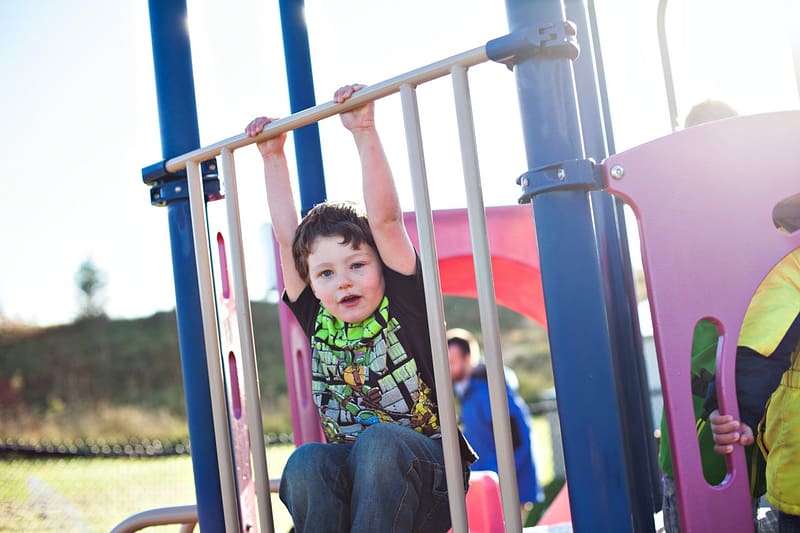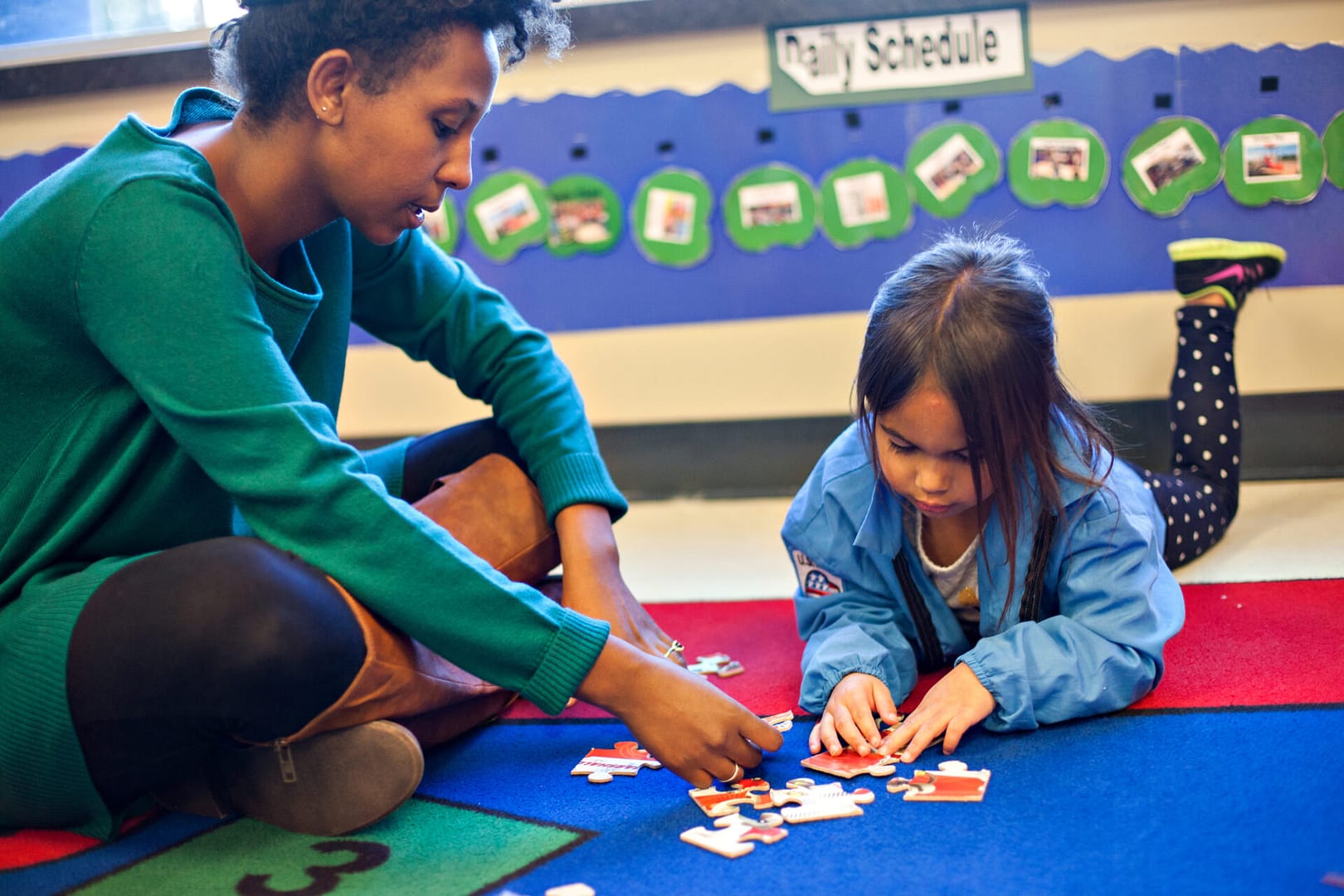Education

Developmentally Appropriate Practice
Developmentally appropriate practices are the result of intentional decisions that early childhood educators and other professionals make to promote the optimal development and learning of each and every child served. These decisions are put in practice by:
- creating a caring, equitable community of learners
- establishing respectful, reciprocal relationships with families and communities
- observing, documenting, and assessing children’s development and learning
- teaching to enhance each child’s development and learning
- planning and implementing an engaging curriculum to meet meaningful goals
school readiness
We are fully committed to helping create a strong foundation for each child’s future success in school and in life, and we utilize a comprehensive, holistic two-generational approach. We place a high value on the parents’ role as a child’s first and best teacher and work together with families to ensure all children are ready to learn. School Readiness is defined as meeting or exceeding the current standard developmental level, or widely held expectation, for a given age group.

Our School Readiness Goals:
- Approaches to Learning
Children will show an interest in and persist to learn, create, and solve problems. - Cognition
Children will explore and discover their own environments while developing an understanding of shapes, sizes, quantity and patterns. - Perceptual, Motor, and Physical Development
Children will demonstrate control of large and small muscles for movement including balancing and navigation skills.
- Social and Emotional Development
Children will develop a positive sense of self and regulate their own emotions and behaviors. Children will engage in and maintain positive relationships with adults and peers. - Language and Literacy
Children will develop increasingly complex language for use in social conversations and as a basis for literacy skills. Children will build and use varied vocabulary while identifying and discriminating smaller units of sounds and words; rhythm, rhyme, alliteration and book appreciation.

Assessing the
Whole Child
“The COR Advantage assessment provides a complete picture of child development. Compatible with any developmentally-appropriate curriculum, COR Advantage allows teachers to view children’s development through play and naturally occurring activities. COR Advantage is aligned with state standards in every state, as well as the Head Start Early Learning Outcomes Framework, Common Core Standards for Kindergarten, and HighScope’s Key Developmental Indicators (KDIs).”